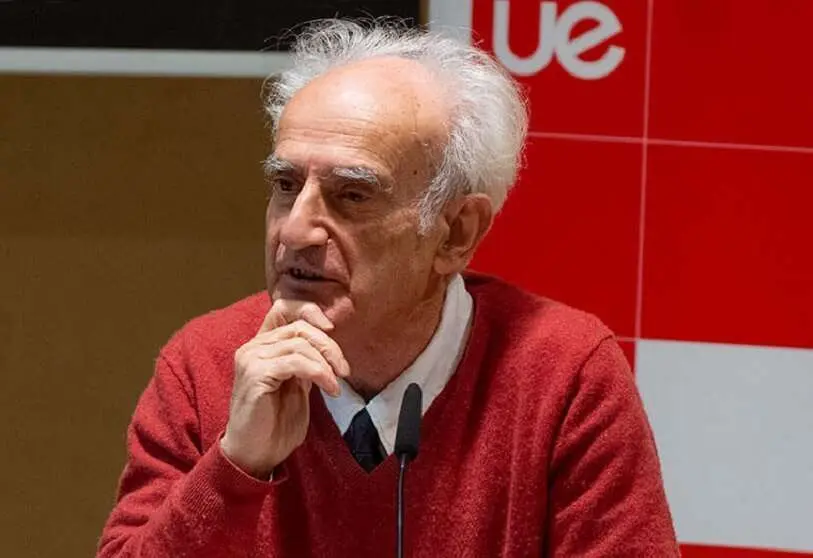Reply to Mr Lahcen Haddad

Dear Mr Lahcen Haddad:
I have read with attention and interest your article entitled "Bernabé López García: or when popular stereotypes override objective erudition" and I think it requires some clarifications as it deals with a topical issue such as the perception of the relations between Morocco and Spain, so much in need of lasting stability.
First of all, I would like to thank you for considering me as an "Arabist scholar", and I would also like to thank you for considering that in the interview that the journalist Francisco Carrión gave me and published in El Independiente I put forward "interesting ideas", although you say they were tainted by "distortions and unjustified value judgements".
This is where I would like to clarify some aspects. First of all, I want to make it clear that the interview was conducted in two different periods. The bulk of the interview took place in the days immediately after the deserved success of the Moroccan national team in the 2022 World Cup, which explains the headline that the author of the interview decided to give it almost three months later, referring to the logical "euphoria" of December 2022, which I personally feared could serve as a smokescreen to cover up real social problems. A few small nuances were introduced in the initial interview in the days following the High Level Meeting in early February, after a brief telephone conversation with me to comment on its outcome. I would also like to point out that the interview, which was recorded, was published without a review by me, so it is published with multiple repetitions and incomplete sentences, which are, of course, the responsibility of the author of the interview.
I see that you seem to be concerned about my judgement of the current Moroccan political elite, about whom I say I have "no great confidence" but which I have never disparaged. Certainly this statement is a generalisation and, as such, needs to be clarified. You insinuate that I have been "a scholar of the hard work of the Moroccan elite to achieve Moroccan independence and a close witness of their resistance against the tyrannical forces within the system during what are called 'the years of lead'", which I consider well appreciated and in line with my work, if you have had the opportunity to read my many works in academic journals or press forums in which I have always highlighted the efforts of the struggles carried out by the parties or trade unions under the protectorate or after independence. But I have also criticised in these works the opportunities missed by this elite to bring Morocco's regime closer to that of a true rule of law, as happened in the constitutional debate of 2011, when this elite, in my opinion, was not up to the task of achieving a real parliamentary monarchy. The same elite that, in my opinion, has not shown the autonomy and imagination to speed up the resolution of the Western Sahara dispute, to which the United Nations is calling for a negotiated solution and which is causing so much damage to the current Morocco in the international arena.
You say that "the main thesis of the interview is that, unless Morocco is fully democratic, it cannot be trusted to give guarantees on the autonomy of Western Sahara within sovereignty". My thesis is that no autonomy is credible or possible without democracy, and allegations such as those made about Morocco by the US State Department's Bureau of Democracy, Human Rights and Labor in its "Country Reports on Human Rights Practices for 2022" show what remains to be done.
At the heart of my interview was the call for a democracy that would prevent the unjust imprisonment of people in Morocco for exercising criticism, as mentioned in the report, and which would undoubtedly provide guarantees so that the autonomy for the Sahara that I have always advocated could be credible. A democracy with freedom of the press, as there was in the early years of the reign of His Majesty Mohammed VI, and which today is at a low ebb. I do not deny, and I agree with you, that progress, which is certainly noticeable in some areas, is slow and my role, as you say as a scholar, must be to point out what "remains to be built", and that is where I wanted to highlight certain shortcomings of an unfinished democratic transition.
Thank you, Mr Lahcen, for your time. Yours sincerely
Bernabé López García

